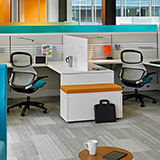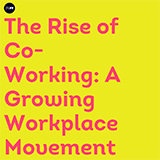-
Living
Living Room
Living Room LookbookClassic or contemporary, bring everyone together with modern living room furniture.
-
Dining
Dining Room
Dining Room LookbookBring style and sophistication to the table. Pair iconic modern dining tables with signature side chairs.
-
Work from Home
Work from Home
Work from Home InspirationModern Comfort that Works.
An affordable range of desks, chairs and accessories for working and learning at home. Most products ship free in 1–3 days. -
Outdoor
-
Collections
Collections
Since 1938, Knoll has been recognized for creating modern furniture that inspires, evolves, and endures. Steeped in the history of modernism, our vision is carried forward today by the most talented contemporary designers.
-
In Stock
In Stock
Discover classic and contemporary solutions for living, dining, and more with in-stock designs available in 1–2 weeks or as quickly as 1–3 days.
-
Inspiration
Inspiration
Discover how Knoll furniture comes together to create inspired modern interiors throughout the home.
Stories
Design Together
-
Products
Products
We believe well-designed objects deliver efficiency, joy and satisfaction to the people who use them.
-
Collections
Collections
Whether you are a commercial, educational, healthcare or government organization, we can help you achieve your workplace goals with an unmatched collection of products across a constellation of brands.
-
Resources
Resources
Resources and tools for architects, designers and facilities professionals.
Designer Resources
Product Information
Showrooms & More
-
Planning
Planning
We match your needs with research-supported tools, techniques, and insights we've developed over eight decades, applying our holistic understanding of the interplay between people, architecture and furniture, and the experiences they create.
Workplace Perspective
-
Discover
Discover
Learn how we use modern design to connect people to their work, their lives, their world.
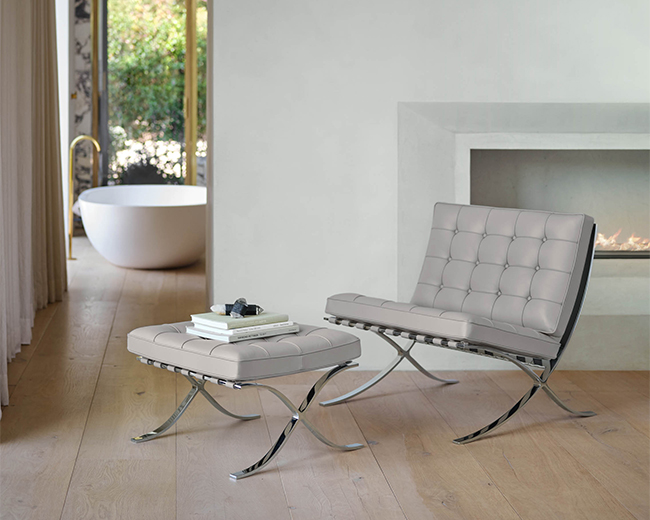
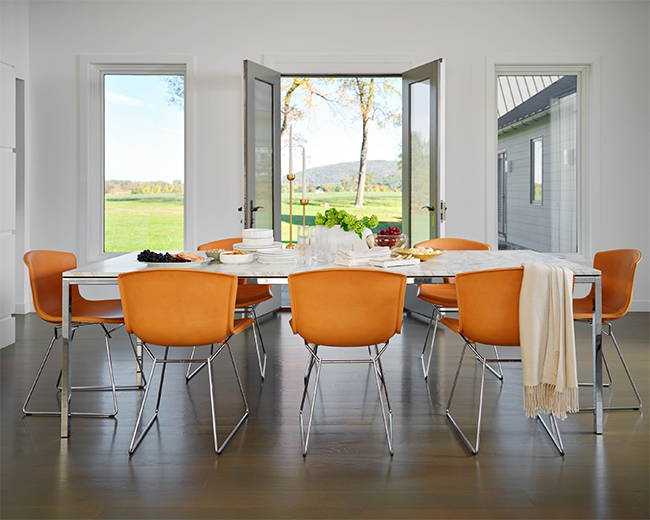
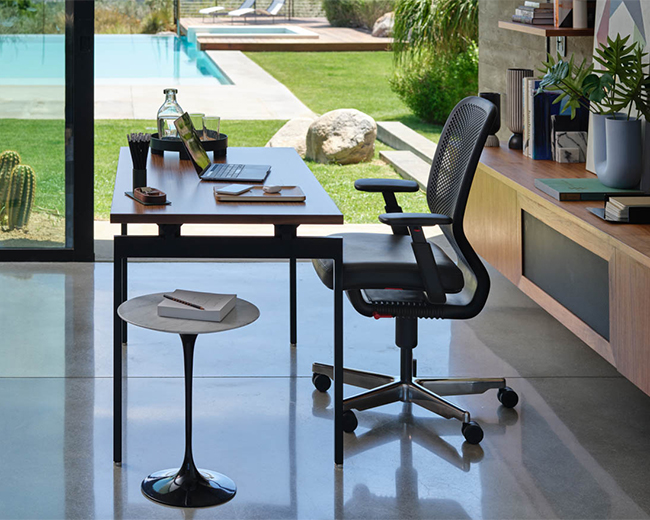

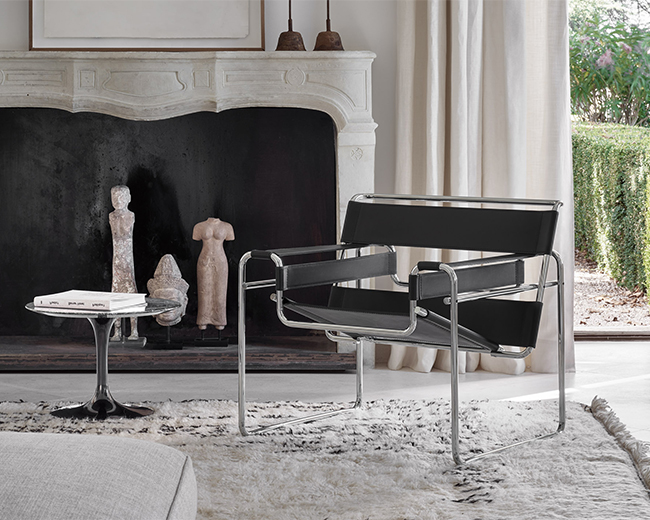

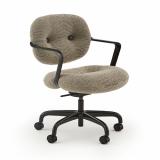
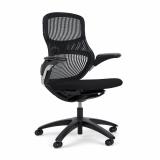
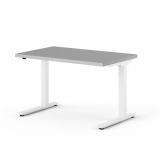
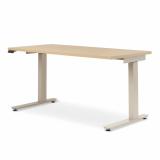


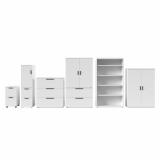
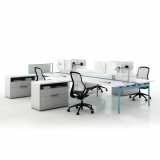
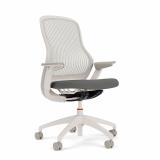
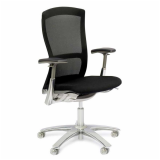
 When asked about the current split of open to closed plan offices, all three panelists responded anecdotally, noting that a completely open-plan office does not ultimately work for the Defense Industry. Funaro shared a story where he had convinced his executives to have a 90/10 split of open-plan to closed-plan, and while the solution seemed conceptually appealing, after a few months in the new space, management noticed that a great deal of space was not being used. The result was a return to a higher percentage of closed office spaces, a move prompted by the need for security and privacy. That being said, all three panelists agreed that creating a workplace for the workforce three to five years down the road is critical, and that includes a predominantly open-plan office. Corporate campuses need to accommodate a workforce that increasingly brings its own device everywhere and works remotely. While security, given the nature of the business, remains a big concern when entertaining remote working, the three panelists see it as an obstacle that must be overcome.
When asked about the current split of open to closed plan offices, all three panelists responded anecdotally, noting that a completely open-plan office does not ultimately work for the Defense Industry. Funaro shared a story where he had convinced his executives to have a 90/10 split of open-plan to closed-plan, and while the solution seemed conceptually appealing, after a few months in the new space, management noticed that a great deal of space was not being used. The result was a return to a higher percentage of closed office spaces, a move prompted by the need for security and privacy. That being said, all three panelists agreed that creating a workplace for the workforce three to five years down the road is critical, and that includes a predominantly open-plan office. Corporate campuses need to accommodate a workforce that increasingly brings its own device everywhere and works remotely. While security, given the nature of the business, remains a big concern when entertaining remote working, the three panelists see it as an obstacle that must be overcome.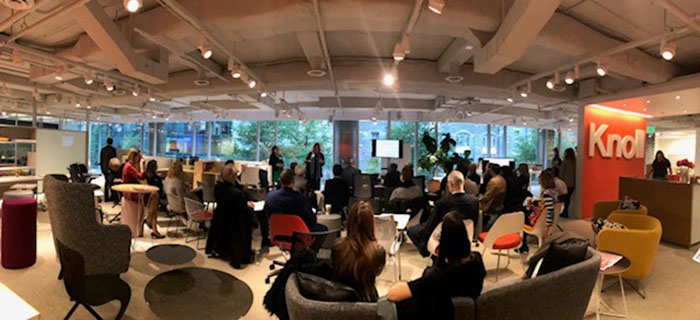 The company's latest furniture collection, Rockwell Unscripted, is founded on the basis of blurring the lines between every prior office solution - proposing a new kind of office, one where the functionality and purpose of individual objects is entirely determined by the user. This provides maximum flexibility without ruling out the possibility of a space being "closed" or more private. Rockwell Unscripted features a comprehensive, eclectic array of freestanding, architecturally grounded and movable elements that can be used to create a variety of experiences, from gathering spaces to quiet retreats. Creative Walls and Steps evoke the energy of performance, while the lounge elements conjure the atmosphere of a hotel lobby. Tables become a stage for work, conversation and celebration. Modular and mobile storage elements evoke the causal feeling of a workshop.
The company's latest furniture collection, Rockwell Unscripted, is founded on the basis of blurring the lines between every prior office solution - proposing a new kind of office, one where the functionality and purpose of individual objects is entirely determined by the user. This provides maximum flexibility without ruling out the possibility of a space being "closed" or more private. Rockwell Unscripted features a comprehensive, eclectic array of freestanding, architecturally grounded and movable elements that can be used to create a variety of experiences, from gathering spaces to quiet retreats. Creative Walls and Steps evoke the energy of performance, while the lounge elements conjure the atmosphere of a hotel lobby. Tables become a stage for work, conversation and celebration. Modular and mobile storage elements evoke the causal feeling of a workshop.


